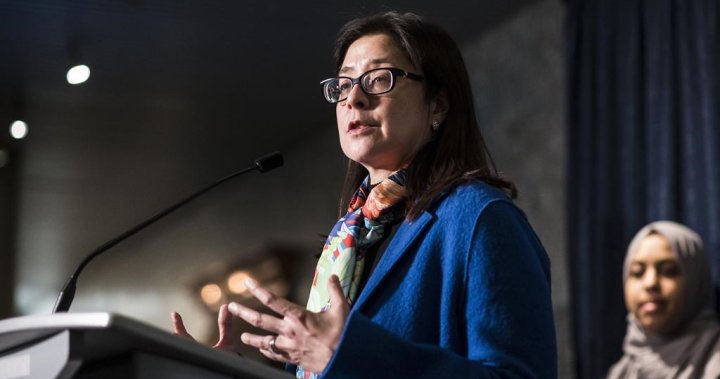The federal government has denied a request from Toronto to decriminalize the possession of small quantities of drugs for personal use, after an ongoing dispute between the two parties. Health Canada issued a statement confirming the refusal of the request, which was initially made by Toronto Public Health and rejected by Federal Minister of Mental Health and Addiction Ya’ara Saks. The decision was based on concerns about protecting public health, maintaining public safety, feasibility, law enforcement implementation, protection of youth, and lack of support from key players, including the Province of Ontario. Health Canada expressed a commitment to addressing substance use and addiction as a health issue, and stated that they would work with other levels of government to reduce harm.
On Thursday, the Ontario provincial government warned Toronto Public Health to drop its decriminalization application, stating that there were no circumstances in which they would support it. Health Minister Sylvia Jones and Solicitor General Michael Kerzner wrote a letter to Toronto’s medical officer of health Dr. Eileen de Villa, expressing the province’s opposition to the application. Premier Doug Ford also pledged to fight the decriminalization request “tooth and nail,” further emphasizing the province’s resistance. Despite the federal government’s rejection of the request, de Villa maintained that decriminalization is an evidence-informed policy tool to make it easier for people to seek help, and emphasized the need to invest in other evidence-based interventions to address the city’s urgent health issue.
Toronto had initially applied for decriminalization at the beginning of 2022, as a means to combat the increasing number of opioid overdose deaths in the city. Opioids, particularly fentanyl, have been a major issue across Canada, leading to thousands of deaths annually. In Toronto alone, over 500 people die from drug toxicity each year. The Province of Ontario pointed to a pilot program in British Columbia that they deemed as “disastrous,” as evidence that decriminalization does not work. They argued that such an approach encourages dangerous behavior in public spaces, victimizes innocent people, and undermines law enforcement’s ability to protect communities. The B.C. government recently received federal approval to recriminalize public drug possession, marking a significant shift from their initial pilot program.
Ontario’s rejection of Toronto’s decriminalization request has sparked debate and controversy within the province. Premier Doug Ford took to social media to express his approval of the federal government’s decision, simply stating “Good.” The differing opinions and perspectives on the issue highlight the complexities surrounding drug policy and harm reduction measures in Canada. While Toronto Public Health continues to advocate for decriminalization as a tool to address the opioid crisis, the federal and provincial governments remain firm in their stance against such measures. The ongoing debate underscores the need for collaborative approaches and evidence-based interventions to effectively address substance use and addiction issues in the country.


